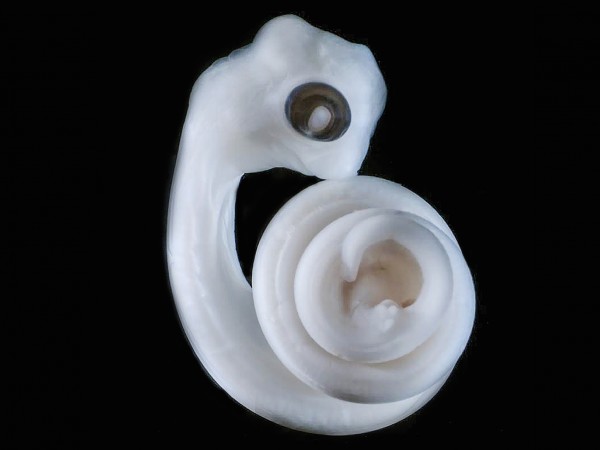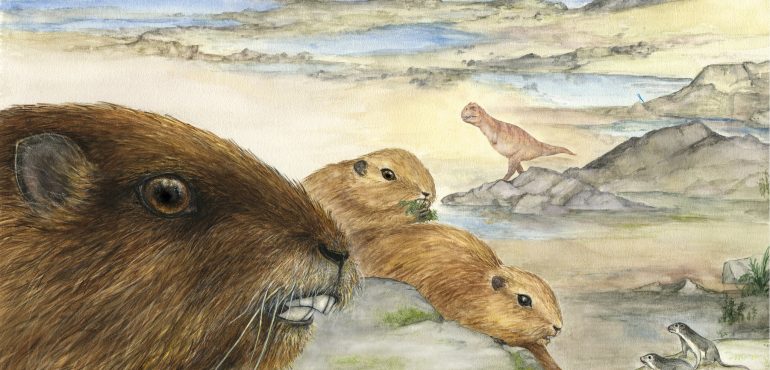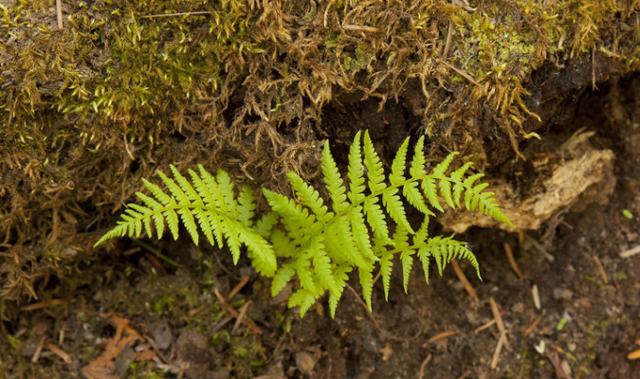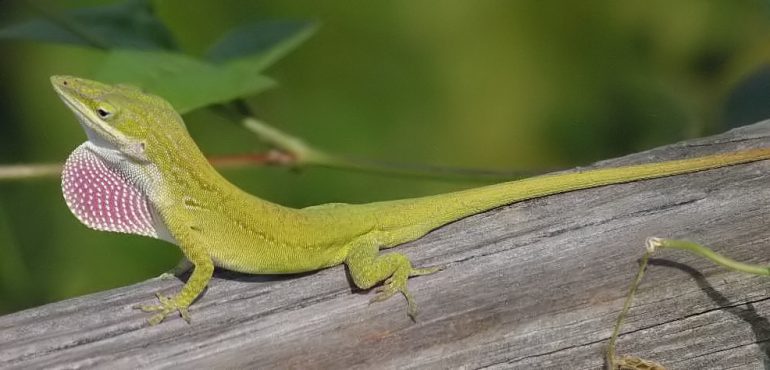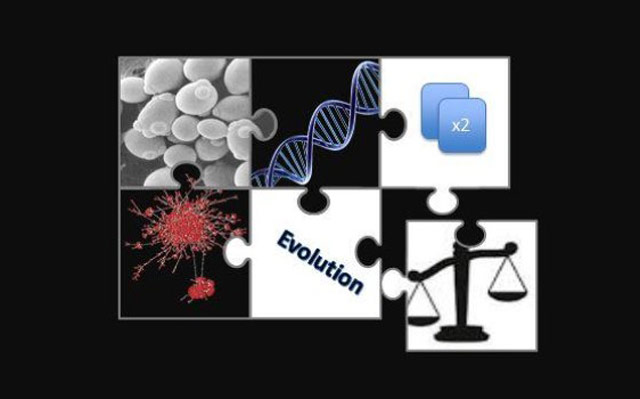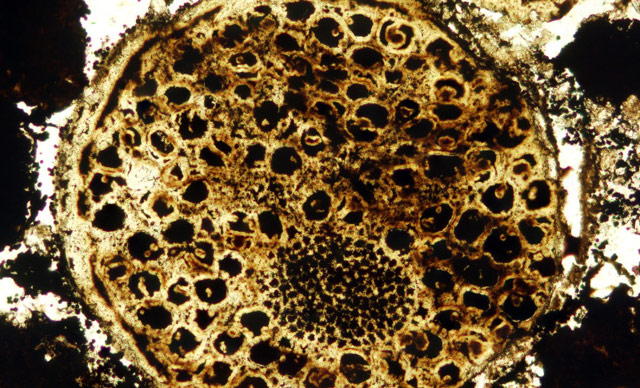It’s not a question a lot of scientists ponder out loud, but it’s key to much of life on Earth: Exactly how does the penis form? Today, two teams of researchers report having solved one part of this mystery, pinpointing how the organ gets its start in snake, lizard, mouse, and chick embryos. Now that…
Read more
Mystery solved: Where the penis comes from
